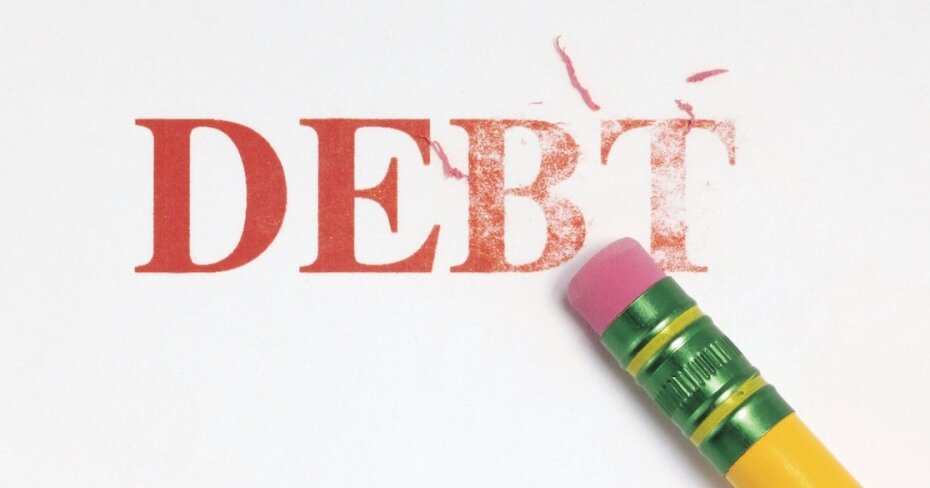Debt Reduction Strategies to Achieve Personal Financial Goals
By: Gary Parkinson on January 15, 2013
Many Canadians made resolutions on New Year’s Eve to avoid taking on increased debts, but staying committed to those resolutions can be difficult in a society built upon spending. One of the ways to avoid taking on extra debt is to develop a strategy for improving your current debts. By lowering the amount you currently owe, you will teach yourself how to avoid spending more than you can manage in the future.
One of the first ways to strategize getting out of debt is to recognize the signs that you are struggling with your financial situation. If you find yourself guilty of any of these habits in your personal financial life, you should take action to break the pattern:
Overspending: Spending more money than you earn, and requiring credit cards or money from friends and family to manage your lifestyle.
Stretching your limits: Living paycheck-to-paycheck, and using most if not all your earnings to pay debts.
Getting by on the minimum: Paying only the interest or minimum balances on monthly bills.
Failure to pay: Continuous pressure from creditors, and discontinued utility service for outstanding debts.
Once you have identified any bad spending habits, you can set both short-term and long-term debt reduction goals. Breaking down your goals into smaller ones that are easier and faster to achieve – such as paying down your credit card debt or saving a percentage of each paycheck – allows you to eliminate unnecessary spending over time. Plan to reward yourself with vacations, dreams of home ownership, or pictures of what debt-free life looks like and you may want to increase your short-term savings goals so that you can enjoy those rewards.
Online resources are also available to help you achieve your financial goals. For short-term goals such as reducing credit card balances, you can use a credit card calculator to figure out the monthly payments necessary to reduce your outstanding balances. If you have a long-term goal to buy a home, you can determine how to plan for a mortgage using a mortgage affordability calculator. Determining what is required for your long-term goals allows you to realistically alter your short-term goals to motivate yourself and potentially fast track to your long-term goals.
After designing your strategy, it’s time to take action. Create a budget and make sure you stay within it – but remember to treat yourself for achieving your short-term goals. While you plan for the future, you still want to enjoy the present.


